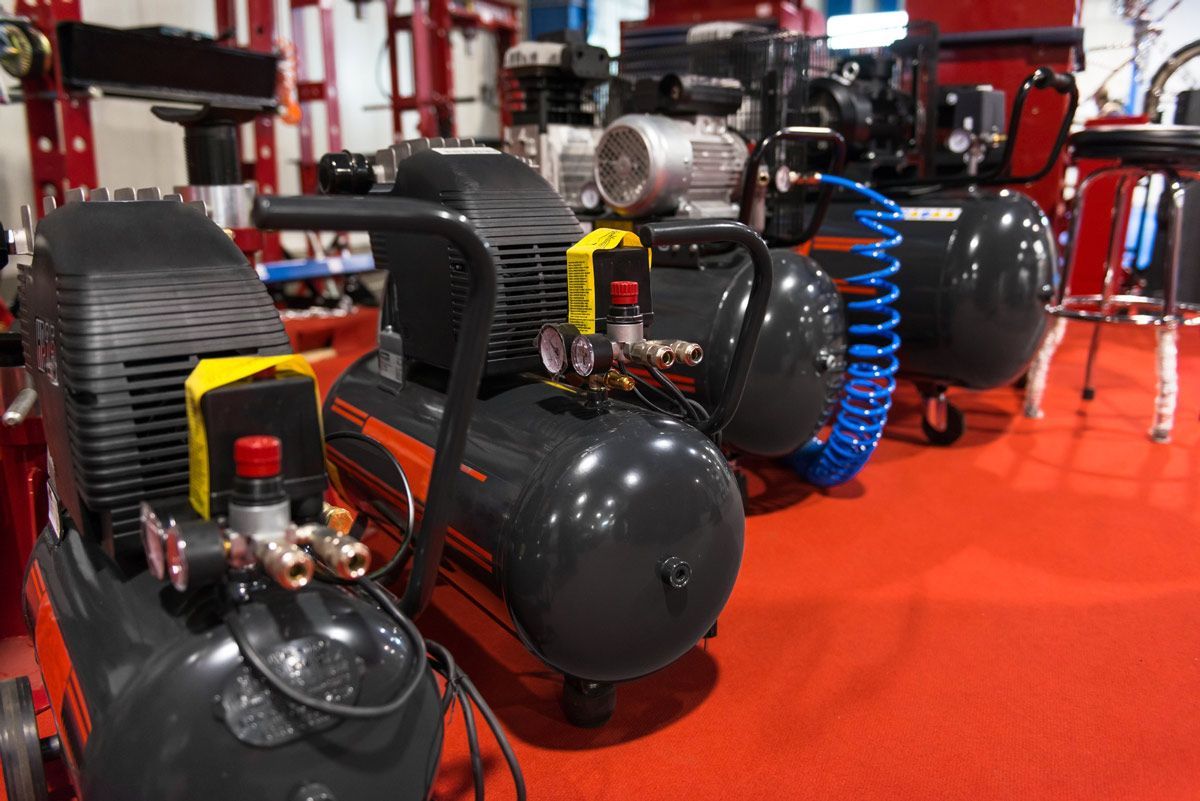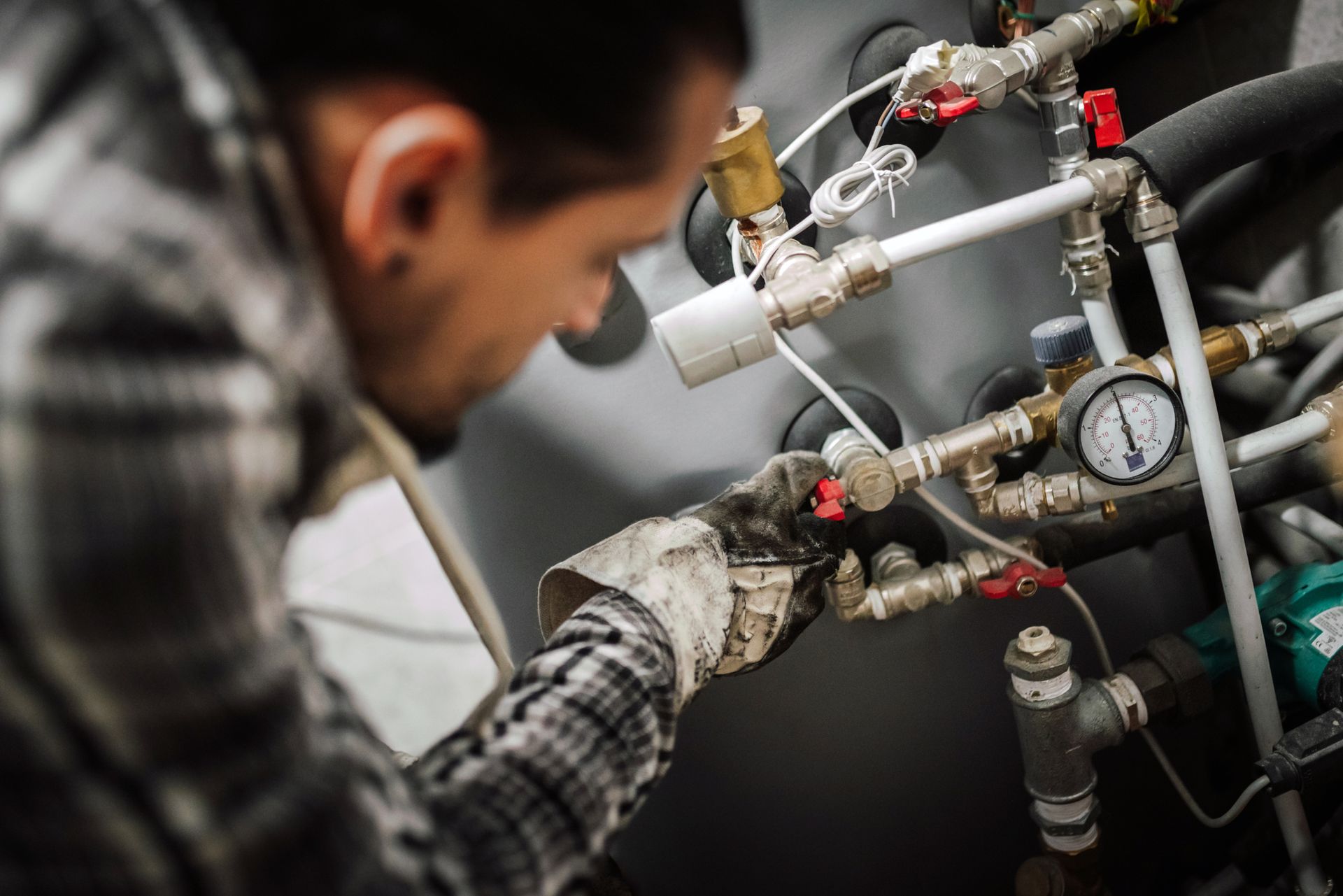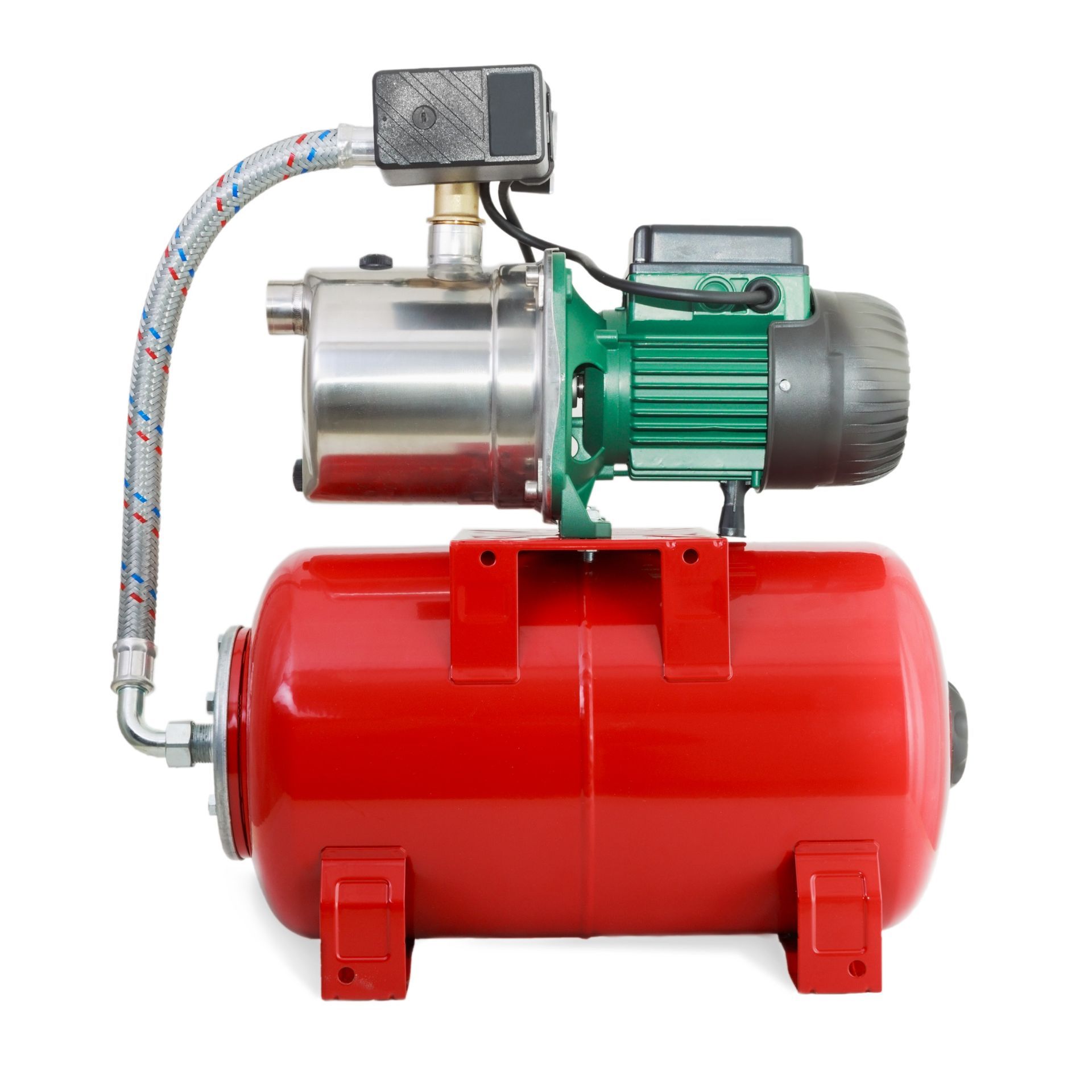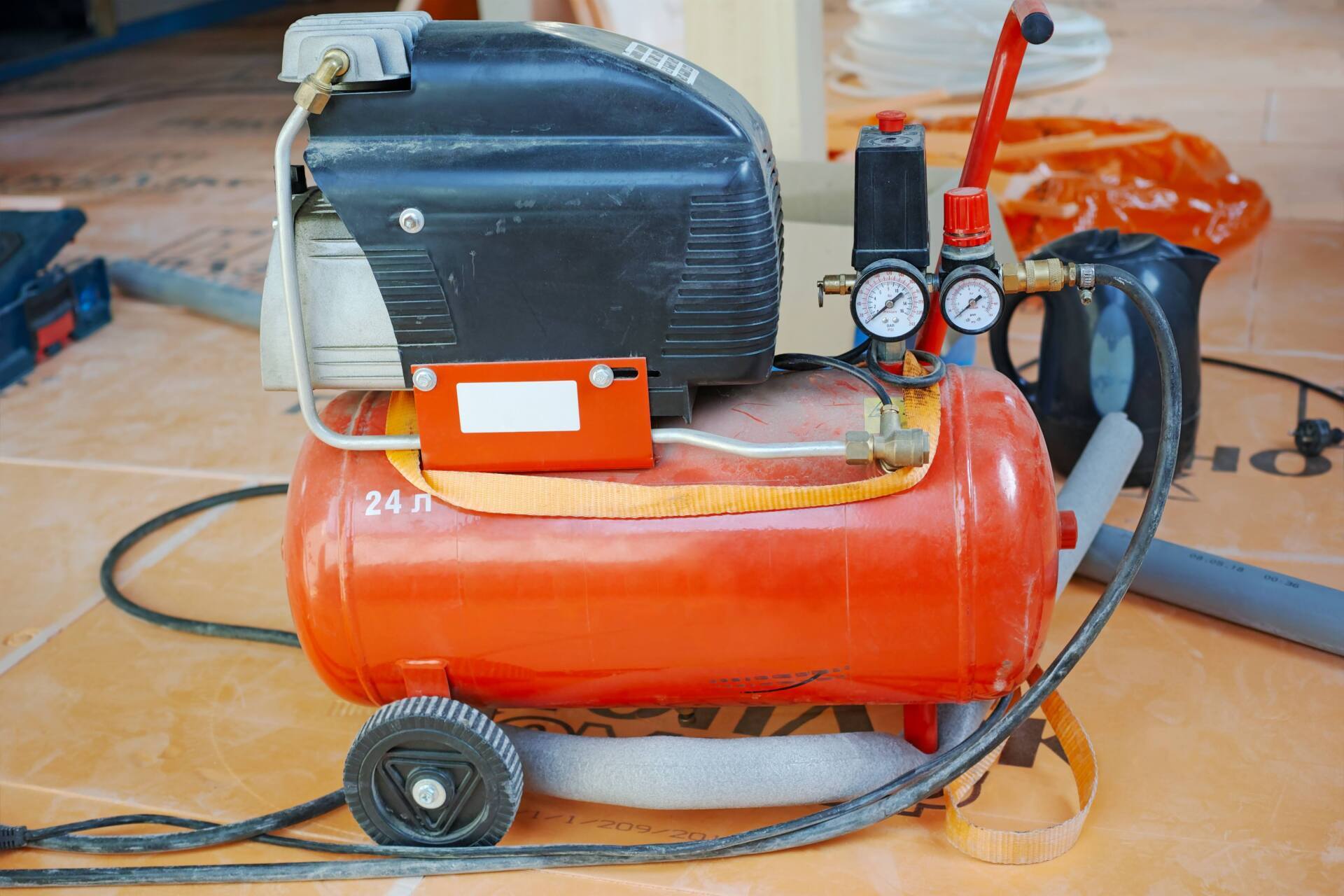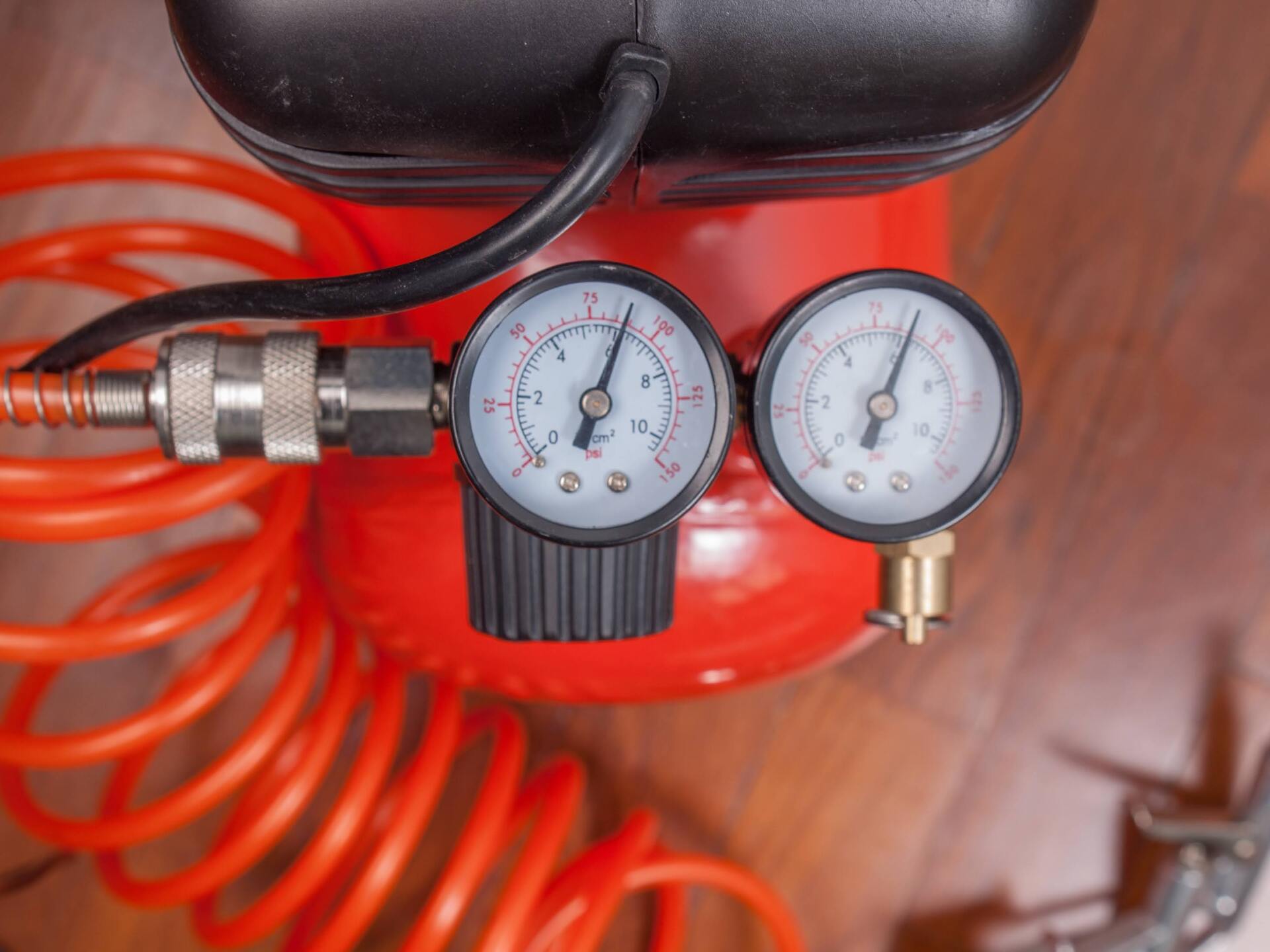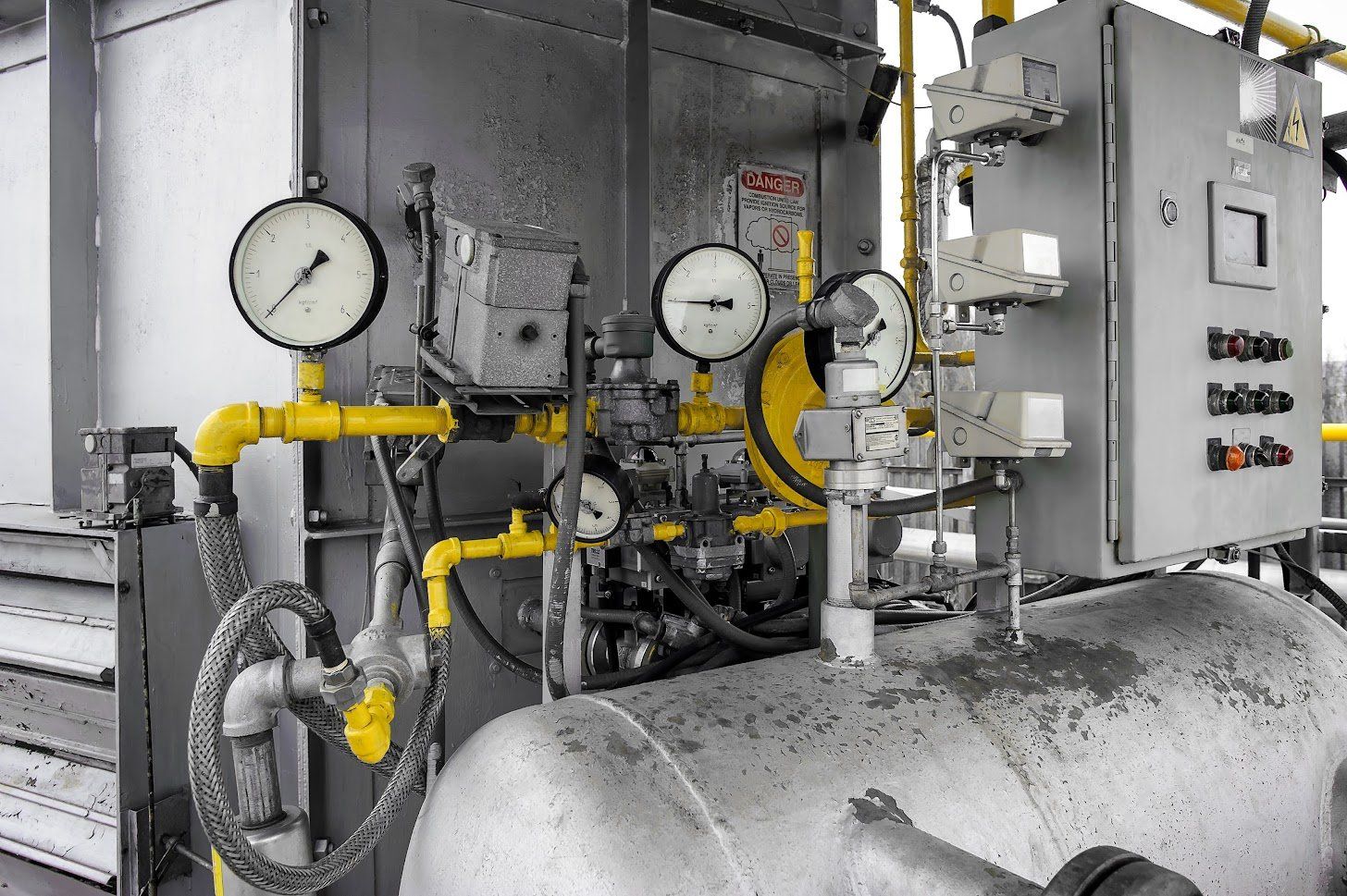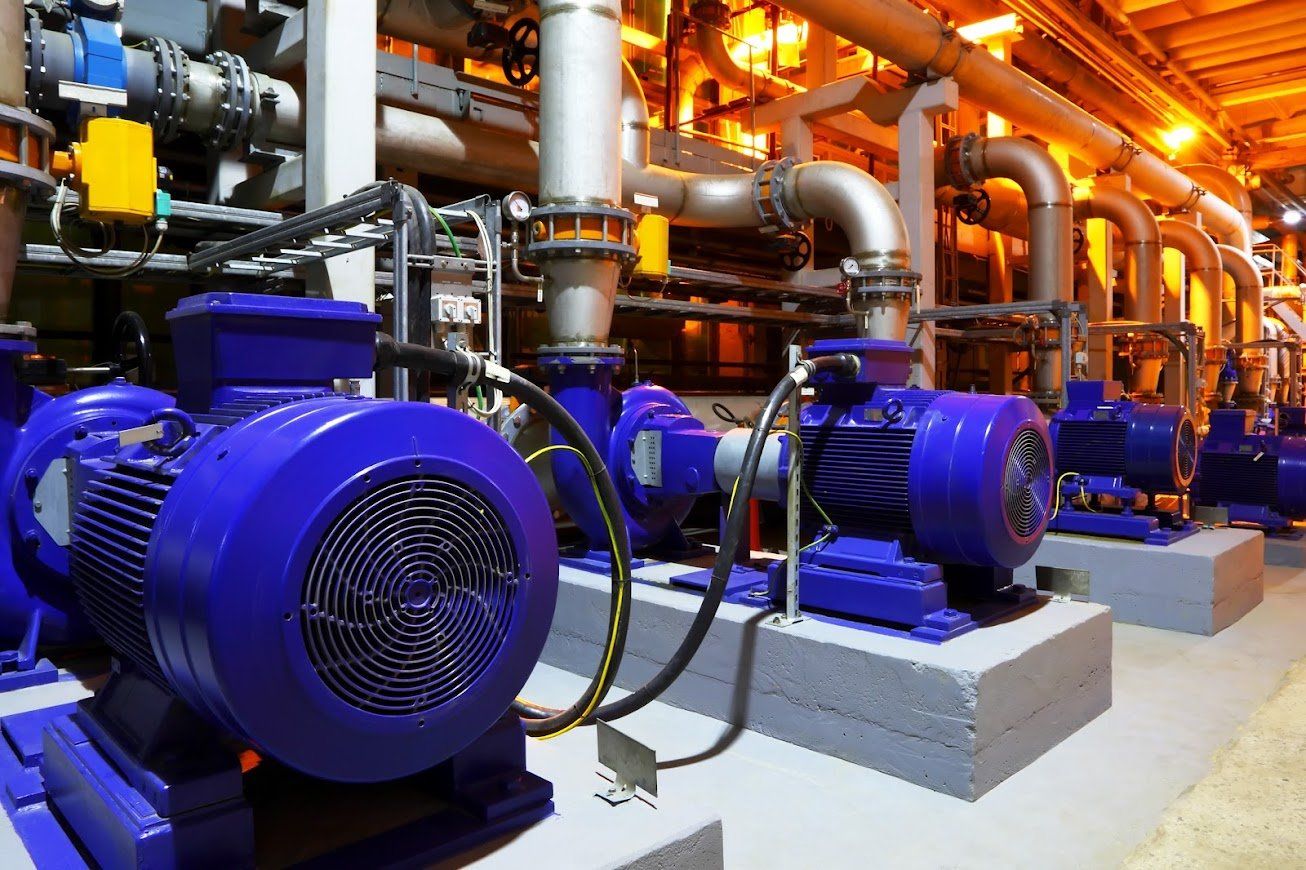5 Benefits of Upgrading to an Inverter Air Compressor System
5 Benefits of Upgrading to an Inverter Air Compressor System
- By Boostability Team
- •
- 23 Mar, 2022
- •
This is a subtitle for your new post

If you use an old refrigeration or HVAC system, consider upgrading your air compressor. Legacy compressors have many limitations. For example, they provide fewer temperature settings while consuming lots of energy.
In contrast, an inverter air compressor is a modern design controlled by digital signals. Inverter systems use variable-speed motors to give you more control over temperature adjustments and energy consumption.
Discover five reasons why you should make the switch to an inverter air compressor for your HVAC or refrigeration systems.
1. Higher Capacity
Inverter systems deliver more output than traditional compressors. The secret to this high capacity lies in their variable-speed motors. With adjustable speeds, the motor spins faster to compress warm air from your refrigerator or a warm room as necessary. The motor can also operate at low velocity, saving energy during off-peak periods.
So how do inverter systems work? Variable-speed motors receive a digital signal from sensors within the compressor unit. As a result, they deliver higher capacity by volume. Inverter systems also provide consistent output over time.
2. Precise Temperature Adjustments
Whether you store perishable foods or expensive chemicals, having precise temperature control is essential. Legacy compressors require a specific change in temperature to turn the system on or off. On the other hand, inverter compressors are more sensitive to temperature changes. Because these newer compressors are responsive to digital signals, you can fine-tune your temperature settings to fit specific applications.
The inverter air compressor also responds quickly to fluctuations in room temperature. This feature makes them ideal for both commercial and residential climate control. After upgrading, you'll no longer have to worry about maintaining a consistent temperature on your premises.
3. Quiet Operation
One of the most exciting features of inverter air compressors is their quiet operation. Unlike traditional compressors, the inverter model uses a direct current and adjustable speeds to reduce residual noise. As a result, you're less likely to hear the humming and grinding sounds legacy systems often produce.
The word inverter comes from converting alternating current to direct current in these modern systems. The direct current then combines with a magnetic field to power a variable motor. Using magnets allows for a smoother, quieter operation ideal for residential and commercial applications.
4. Enhanced Energy Efficiency
Like any other piece of equipment, traditional air compressors can waste power if they overheat or don't operate at an optimal level. Legacy compressors tend to run hot since the motor operates via an on/off mechanism. As a result, they use more energy and need regular maintenance.
Inverter air compressors are optimized for energy efficiency. For example, they use aluminum coils and high-quality fans to dissipate heat from compressed air. Combined with a variable-speed motor that scales up to meet your temperature requirements, inverter systems operate efficiently without causing a spike in your energy consumption.
5. Low Torque and Modern Designs
Traditional compressors require a high startup torque because they use electromagnetic coils. This extra torque drains energy and causes wear on moving parts. On the other hand, inverter air compressors operate through a pure magnetic system. Because the magnet can power your unit even at low speeds, you don't need a high torque to start the cooling process.
The modern designs of inverter systems also make them easier to install and retrofit into existing buildings. If you plan to upgrade, the compact size of these units will allow for flexible installation.
Are you in the market for a better air compressor system? Consider upgrading to an inverter model. These newer air compressors will save you money while boosting the efficiency of your equipment. If you need help deciding which air compressor is best for your home or business, contact Compressed Air Systems today.
- Mon - Fri
- -
- Sat - Sun
- Appointment Only






Serving Whatcom, Skagit, Snohomish King, and Pierce Counties.


